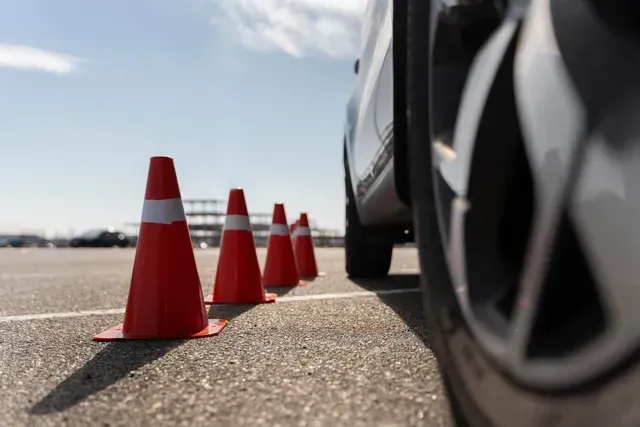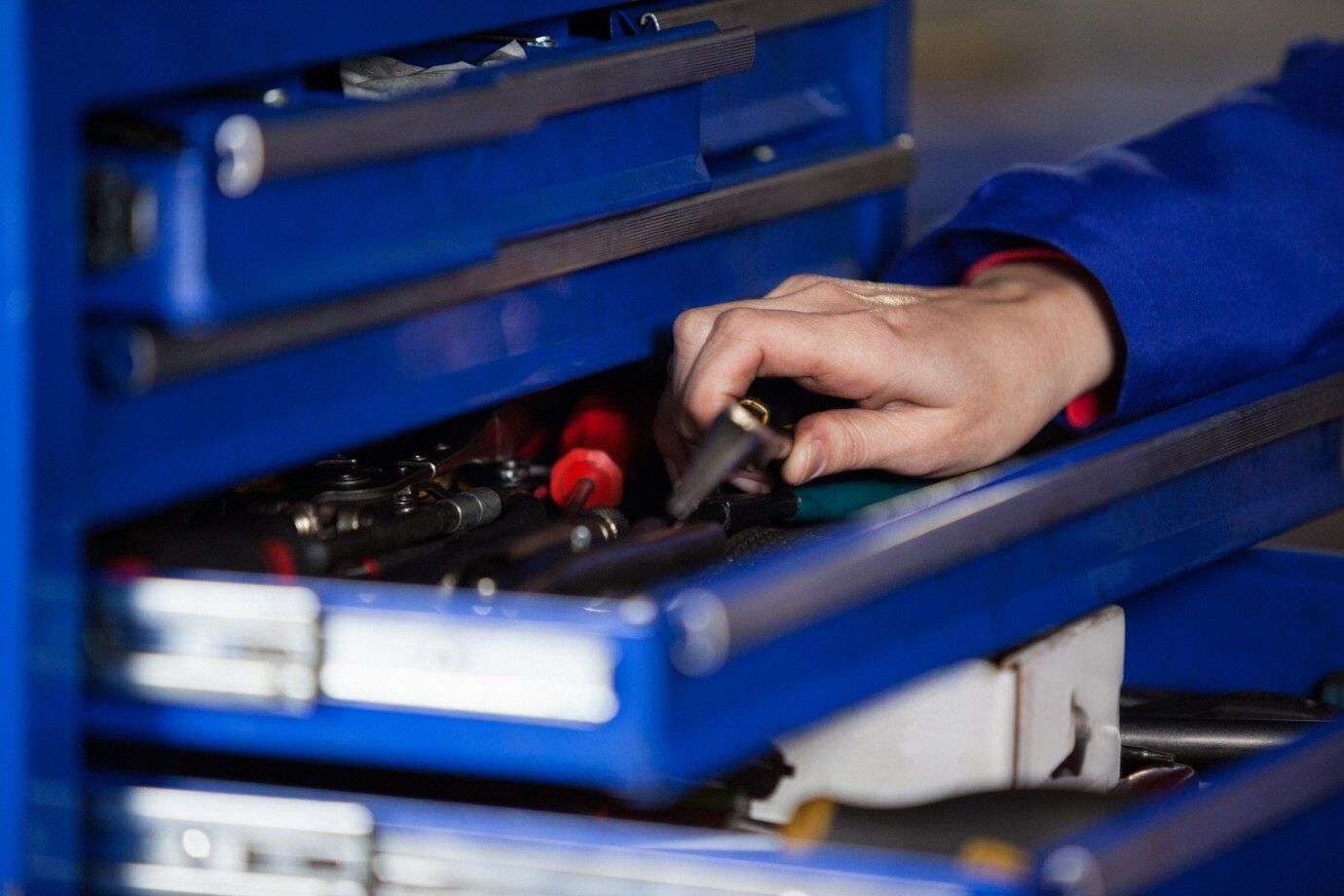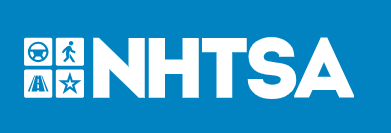Safety Recalls: Understanding Factory Recalls and How to Check Your Vehicle

Slide title
Write your caption hereButton
Safety recalls are more than just a box to check—they aim to fix problems that might endanger drivers, passengers, and others on the road. They happen when known problems in vehicles, parts, or accessories like car seats or tires fail to meet safety rules from the U.S. Department of Transportation (DOT) and the National Highway Traffic Safety Administration (NHTSA). The recall process ensures that makers repair, replace, or give back money for these items. This helps keep dangers off the road and supports safer driving for everyone.
Why Recalls Are Important for Driver Awareness
Vehicle owners should keep up with recalls for several reasons. First, not fixing defects can raise the chance of a breakdown or accident. Some recalls focus on parts that can save lives, like airbags and brakes.
For example, airbag recalls are very common and involve millions of vehicles. This often happens because of problems with how they work or if their inflators are broken. At the same time, recalls for brake failures aim to stop issues that could prevent the driver from stopping the vehicle quickly.
Recalls can affect a vehicle's worth. A car with several safety recalls may sell for a lower price or be tough to trade in. Many buyers will prefer to fix any existing recalls before purchasing.
What is a DOT Recall?
A safety recall from the U.S. Department of Transportation (DOT) is an official National Highway Traffic Safety Administration (NHTSA) alert. It concerns a safety issue with a vehicle, tire, equipment, or car seat. When a problem or safety issue is found, the NHTSA helps manufacturers issue a recall. Recalls aim to keep drivers, passengers, and everyone on the road safe. Affected products are fixed, replaced, refunded, or bought back if necessary.
Types of Recalls and Common Issues
DOT recalls covering many safety problems. These may consist of, but are not restricted to:
Mechanical Defects
Problems with the steering, brakes, or other parts that can cause accidents.
Electrical Issues
Problems with the wiring, battery, or electronic systems that may lead to fires or failures.
Tire Recalls
Bad tires can cause blowouts or loss of control.
Safety Features
Airbags, seatbelts, or child restraints that don't work like they should.
When a recall happens, it usually comes from looking into a problem, feedback from car owners, or worries raised by the maker. DOT and NHTSA recalls are required for makers. This means they must fix the issue quickly to stop accidents or harm.
Manufacturer's Responsibility in a Recall
The NHTSA says that makers must fix recall problems at no cost to owners. The choices usually include:
- Repair: Fixing the part that caused the problem.
- Replacement: Providing a new part or product to change the damaged one.
- Refund: If a repair can’t be done, give money back for the faulty product.
- Repurchase: In severe cases, buying back the vehicle if it is unsafe and cannot be fixed.
When owners are told about a recall, they can get these free fixes to solve the problem. This responsibility makes sure that makers focus on safety and must fix any dangerous issues.

Slide title
Write your caption hereButton
When a recall is announced, the maker must tell vehicle owners directly. This is usually done by sending a letter to their home address. The letter will include clear details about the problem, any risks it may cause, and steps to fix it. This may involve contacting a local dealership for a repair or a replacement.
Manufacturers must post all recalls on the NHTSA website and send mail notifications. Vehicle owners can check if their vehicle is affected using its vehicle identification number (VIN). This VIN search tool helps people buying used cars by letting them check for recalls before they buy.
A recall notification is essential for ensuring owners know about the issue and can address it immediately. Here’s how the notification process works:
Mail Notices
The manufacturer sends a physical letter to the registered owner’s address detailing the problem and the steps needed to fix it.
Online Notifications
Information about new and ongoing recalls is listed on the
NHTSA recall page, where owners can search for updates using their VIN.
Mobile Alerts via SaferCar App
The NHTSA’s SaferCar app enables users to get real-time notifications on their phones about any recalls related to their vehicles. This app is a convenient way to ensure immediate awareness.
Importance of Addressing Recalls Promptly
Ignoring a recall can be dangerous. Issues fixed in recalls often include important parts that can change how a vehicle drives, its safety, or its balance. Here are some reasons why it's important to respond to a recall:
- Preventing Accidents: A recall usually deals with serious safety problems. If you ignore them, you can have a greater chance of an accident.
- Maintaining Vehicle Value: Cars with open recalls might sell for less money. Potential buyers often look for active recalls.
- Legal Compliance: A vehicle recall is not mandatory for drivers. However, driving a recalled car with a known issue can bring legal trouble if that issue causes an accident.
Taking action helps keep you safe. It also helps others feel safe on the road.
What to Do If You Get a Notice of Recall
When you hear about a recall, don’t wait! Here is what you should do:
Contact Your Local Dealership
They are ready to take care of recalls for the manufacturer. Repairs and replacements will not cost you anything.
Schedule Your Appointment Promptly
Many recalls are fixed quickly, but some popular repairs might take a few days or weeks. Get on the list to reduce any wait time.
Keep Track of Repairs
Record any recall repairs for your vehicle records. This information can be useful for future buyers or dealerships.
In some cases, recalls may include a buyback program. In this program, the company buys back the vehicle. This usually happens when repairs do not make the car safe.
Why Recalls Matter to Vehicle Owners
Recalls help keep vehicle owners safe by fixing problems that might cause danger. The NHTSA works hard to ensure that car makers meet high safety standards. This helps create a safer driving experience for all.
Common situations when recalls are necessary include:
- Family Vehicles: Cars that carry children and families should be safe and not have any problems.
- High-Mileage Cars: Older cars with many miles can have problems because they may be worn out.
- Tires and Brakes: Important parts that help with stopping and control can often be recalled. Failure to do these can cause serious accidents.
Top Safety Tips for Handling Recalls
Stay Informed
Sign up for alerts on the NHTSA website or download the SaferCar app. This way, you will get quick notices for any recalls. Many people do not know about active recalls. This can cause safety risks if they are ignored.
Be Proactive
Don’t wait for something bad to happen. Recalls help you stay safe, so even if your car runs well, there could still be a problem. Acting fast can save you from expensive repairs and, more importantly, keep you safe.
Work With Authorized Dealers
Only authorized dealerships can perform recall repairs or replacements. They have the necessary parts and steps. Avoid third-party mechanics for recall repairs. These repairs won't be covered and might not meet the required standards.
Check Regularly for Updates
Some recalls get updated or added to over time. Even if you have checked before, it is good to look at the NHTSA’s database now and then to ensure that no new recalls impact your vehicle.
What Recalls Mean for the Auto Industry
Recalls are important for maintaining high safety standards in the auto industry. They show that car makers care about driver and passenger safety and are ready to fix problems, even after selling them. Through recalls, car makers learn from what went wrong and often improve future designs and processes to avoid the same issues.
For the NHTSA, recalls are an important way to improve safety standards. By ensuring companies follow the rules, they push manufacturers to focus on quality, making the roads safer for everyone. Recalls also help drivers feel secure, knowing there’s a system ready to fix things if something goes wrong.
Staying Safe and Informed
Safety recalls are important for owning a vehicle and keeping the public safe. Knowing about any safety problems with your car, tires, or equipment is vital. This knowledge helps keep you and others safe on the road. You can use the NHTSA’s website and the SaferCar app to easily check for recalls and respond quickly.
Go to the National Highway Traffic Safety Administration's recall page to find more information or check if your vehicle is recalled. You can use the VIN lookup tool there.
Frequently Asked Questions
How can I find out if my vehicle is part of a recall?
Use the VIN lookup tool on the NHTSA recalls page. You can also download the SaferCar app to receive recall notifications and alerts.
What if I bought a used car?
You should still use the VIN lookup tool to look for recalls. If you find one, contact a dealership to have the problem fixed for free.
Will a recall repair cost me anything?
Manufacturers must offer recall repairs, replacements, or refunds at no cost to owners.
How long do I have to respond to a recall?
Safety recalls have no time limit. You can get it fixed at any time. Still, it is best to take care of it as soon as possible.
Can a vehicle with an outstanding recall still be sold?
Yes, but the seller must tell the buyer. Many buyers and car dealers look for recalls before they buy.
Call Us Now to Schedule Your Appointment or Book an Appointment Today!
At Auto Tech, your safety is our priority. Our technicians offer reliable brake inspections and repairs. Schedule your appointment today!
At Auto Tech, we aim to be your lifelong automotive repair partner. Our services include AAA Approved expert auto repair and comprehensive automotive solutions.
BUSINESS HOURS
- Monday
- -
- Tuesday
- -
- Wednesday
- -
- Thursday
- -
- Friday
- -
- Saturday
- Closed
- Sunday
- Closed
All Rights Reserved | Auto Tech

